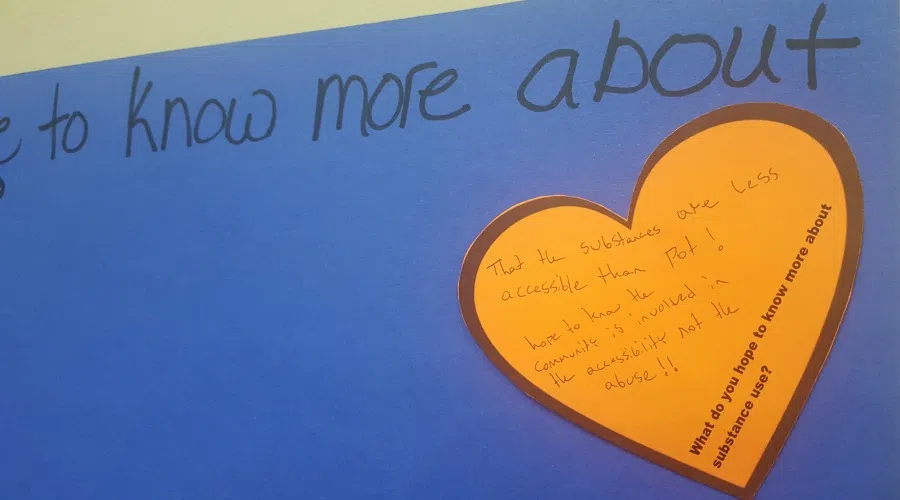
Difficult conversations about overdose crisis urged for Oceanside area
NANAIMO — With one of the highest per capita rates of fatal overdoses in B.C., health care workers are urging families and communities to have real, productive conversations about the ongoing crisis.
Dr. Paul Hasselback said there were 37 fatal overdoses in the last decade, with roughly half of them in the last two years.
“For a non-urban centre here on the Island, the Oceanside area actually has one of the higher rates (of fatal overdoses),” he told a crowd of roughly 75 at the Parksville Community and Conference Centre on Thursday, Feb. 8.
Associate professor and scientist Dr. Bernie Pauly said it feels like a surreal nightmare every time new overdose numbers are released.



